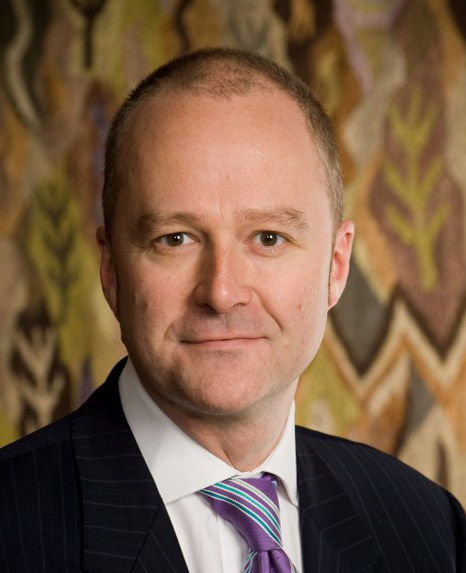In a sense, The Royal Society has been in the open access game for centuries.

Earlier this week we announced that four of our journals will transition to open access. For open access enthusiasts I wanted to take the opportunity to provide a little more context to this decision.
Open access is the idea that the fruits of research should be freely available to read and re-use in order to maximise the benefit and impact of that research (most of which is funded by the public purse). In the words of the Budapest Open Access Initiative (2002);
"Removing access barriers to this literature will accelerate research, enrich education, share the learning of the rich with the poor and the poor with the rich, make this literature as useful as it can be, and lay the foundation for uniting humanity in a common intellectual conversation and quest for knowledge."
In a sense, The Royal Society has been in the open access game for centuries. As long ago as the eighteenth century, we were circulating Philosophical Transactions to institutions and sister societies all over the world at considerable cost. Thus we operated a kind of print open access long before the modern concept was born.
But of course we now consider open access to be a child of the digital age and one which allows for far wider dissemination (and at far lower cost) than our ancestors could ever have dreamed of. This chapter of our open access journey began in 2006 when we introduced an option for authors in the society’s journals to publish their work with immediate open access on payment of an article processing charge (APC). Our decision back then was prompted partly by the open access policy which Wellcome and the National Institutes of Health had introduced the previous year, but also by a mini-revolt by some of our Fellows (including a number of Nobel laureates) who wrote to the President, Lord Rees, in no uncertain terms criticizing the Society for not embracing open access.
Since then, we have seen a steady increase in the number of authors choosing open access in our journals as more and more funders have made open access publication a requirement for their researchers. Our policy since 2006 has been to ensure that our journals were compatible with all known funder mandates so they could remain open to all authors whatever requirement they were under. We launched our first fully open access journal, Open Biology, in 2011 followed by our second, Royal Society Open Science in 2014. Last year, 45% of all the articles we published were open access.
However, a recent review of our strategy has led to a more concrete focus on transitioning our hybrid research journals to full open access over the next few years. This must be done in a way that is sustainable both for our journals and for our readers and authors. We therefore embarked on a major program of transformative Read & Publish deals last year. So far we have deals in place with over 160 institutions around the world for 2021 and a good pipeline for 2022. These include consortial deals with CDL, MPDL, Jisc, Bibsam, CAUL, Malmad and IReL amongst others. In this way, we expect over the next few years to drive OA content in our four primary research hybrid journals up to the point where we can finally switch them to full open access.
Each February from 2022, we will make public the proportion of open access articles published in the previous year’s volume of each journal. Once that proportion reaches 75% the journal will become fully open access from the start of the following year.
Authors who are not part of a deal will still be able to publish with us and pay an APC as they have in the past. As is the case with our existing open access journals, we will provide a generous waiver policy for the newly flipped journals which will allow authors in the world’s poorest nations to continue to be able to publish with us free of charge.
We were a founding member of the Society Publishers’ Coalition - a group of over 90 learned societies worldwide who are committed to making the transition to open access and who have come together to share knowledge and experiences to help each other meet the challenges involved. The Royal Society is proud to be among them and - just as we pioneered science publishing in the 17th century - to be taking this historic next step towards an open future.
Image credit
Image by GLady from Pixabay




